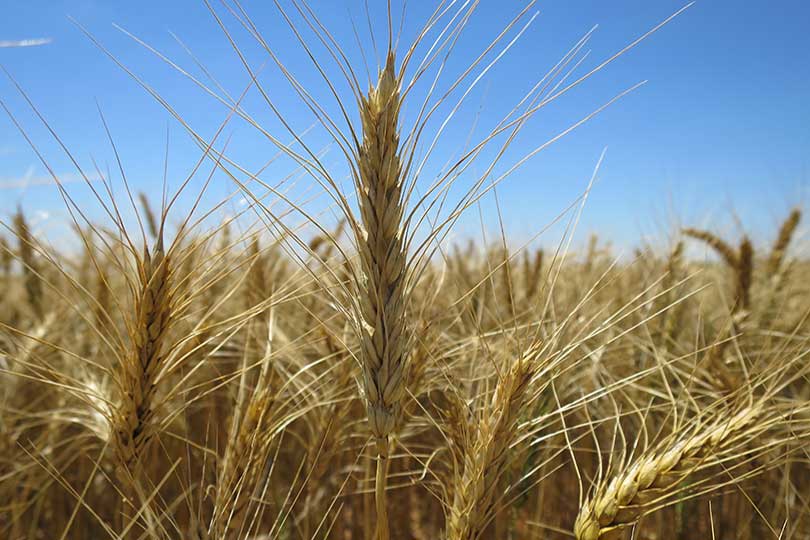The U.S. Trade Representative (USTR) initiated a formal complaint over China’s excessive agricultural subsidies on corn, rice and wheat before the World Trade Organization (WTO). China has exceeded the WTO maximum for domestic price supports for the three commodities by $100 billion in 2015, according to Agri-Pulse.
Officials said the USTR has taken necessary action against China to hold them accountable for breaching WTO trade commitments and to level the playing field for American farmers.
“The American Farm Bureau Federation supports the action taken by the Office of the U.S. Trade Representative to begin dispute settlement proceedings against China over their agricultural subsidy levels,” American Farm Bureau Federation President Zippy Duvall said in a statement. “We, like the USTR, are concerned that China exceeded its domestic support limits for corn, wheat and rice from 2012 to 2015.”
Duvall said that the WTO Agreements on Agriculture applies to all members and each country must follow the agreements.
“Trade deals only work if they’re followed,” Duvall said. “It is good to see our government enforcing the trade commitments that already exist. This kind of accountability leads to stronger trade relationships with all our partners.”
China has not submitted totals for domestic crop support to the WTO in six years, according to USTR Michael Froman.
“These unfairly distorted prices on important crops lead to overproduction in China and disadvantage American farmers who export these same crops around the world,” President Barack Obama said in a statement.
House Agriculture Committee Chairman Mike Conaway (R-Texas) applauded the action taken by the USTR toward China. Conaway has frequently asked the Obama Administration to initiate WTO challenges against the high and rising foreign subsidies, tariffs and non-tariff trade barriers.
“I am grateful that the U.S. government has opened a case concerning China’s treatment of corn, rice and wheat,” Conaway said in a statement. “And I do believe that this must only be a start because I believe that this is really just the tip of the iceberg in terms of the predatory practices going on around the world that harm our producers.”
Conaway said he would like to see further action taken against China for its cotton policy.
“Absent this, I fear that our domestic cotton production and all that it means to our nation’s economy will be lost in much the same way we forfeited our textile industry, once the largest manufacturing sector of our economy,” Conaway said.
President of the U.S. Wheat Associates Alan Tracy said that China has artificially pushed up wheat production by routinely guaranteeing its farmers more than $10 a bushel for their wheat, according to Iowa state researchers. U.S farmers received less than half of that for their wheat in 2015.
“Wheat production subsidies in China and other advanced developing countries are the single best policy issue affecting our farm gate prices and global trade flows,” Tracy told Agri-Pulse. “In taking this step, USTR and USDA are demonstrating that trade enforcement can ensure that our many trade agreements and a pro-trade agenda really work for American farmers.”

